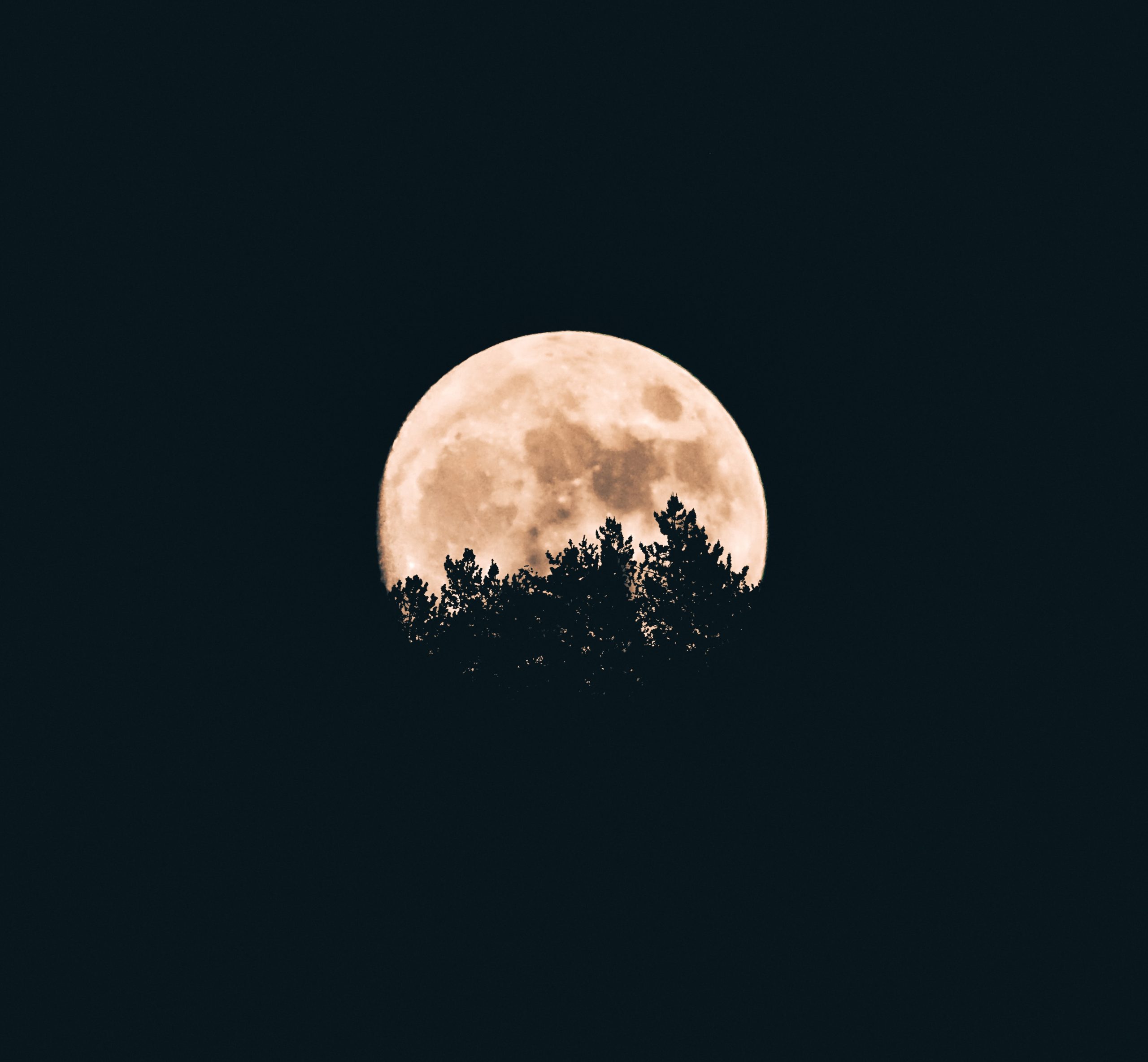Does the New Moon Make You Tired?
The moon has been a celestial object of fascination and wonder for centuries. Its phases, from the bright full moon to the crescent new moon, have captured the attention of poets, artists, and scientists alike. It is often believed that the various phases of the moon can have an impact on human behavior and well-being. In this blog post, we will explore the popular belief that the new moon can make you tired.
The Science behind the Moon’s Phases
Before delving into the effects of the new moon on human energy levels, it is essential to understand the science behind the moon’s phases. The moon does not emit light of its own; instead, it reflects sunlight. As it orbits around the Earth, the moon’s position relative to the Sun and Earth causes it to appear differently in the sky.
During a new moon, the moon is positioned between the Earth and the Sun, with the side that reflects sunlight facing away from us. This makes the moon appear dark or invisible from our perspective on Earth. In contrast, during a full moon, the moon is positioned on the opposite side of the Earth from the Sun, allowing us to see its entire illuminated surface.
The Influence of Lunar Phase on Human Behavior
Throughout history, many cultures and belief systems have associated lunar phases with various aspects of human behavior and energy levels. Some ancient practices, such as astrology or ancient Chinese medicine, suggest that the phases of the moon can impact our physical and emotional well-being.
However, when it comes to scientific evidence, studies exploring the direct effects of the lunar phase on human behavior have generally failed to find consistent correlations. While anecdotal reports and personal experiences may suggest otherwise, controlled scientific studies have not provided substantial evidence to support the notion that the lunar cycle directly affects human energy levels and tiredness.
Correlation vs. Causation
It is important to distinguish between correlation and causation when discussing the effects of the new moon on tiredness. Just because two phenomena occur simultaneously or in a similar pattern does not mean that one causes the other.
For example, many people may report feeling tired during the new moon phase, but this correlation does not prove that the moon’s position is causing their fatigue. Numerous other factors, such as sleep patterns, stress levels, and daily routines, can also influence our energy levels. Without controlled experiments isolating the moon’s influence, it is challenging to establish a direct causal relationship.
Individual Variations and Confirmation Bias
Another factor to consider when examining the belief in the new moon’s effects on tiredness is individual variations and confirmation bias. Our personal experiences and beliefs can shape how we interpret the world around us.
If someone strongly believes that they will feel tired during the new moon, they may become more attuned to their own fatigue during this lunar phase. Additionally, confirmation bias can come into play, where people selectively remember or pay attention to instances that confirm their preexisting beliefs while disregarding contradictory experiences.
Psychological and Cultural Influences
The effects attributed to the new moon’s influence on tiredness may also have psychological and cultural components. As mentioned before, various cultures have long held beliefs about the moon’s powers and its impact on human behavior. These beliefs can influence the way people perceive and interpret their own fatigue during different lunar phases.
Furthermore, our mental state and expectations can significantly affect our physical experiences. If we anticipate feeling tired during the new moon, our minds may amplify any signs of fatigue we experience.
The Importance of Sleep Hygiene
While the direct effects of the new moon on tiredness may be inconclusive, it is crucial to prioritize good sleep hygiene to maintain optimal energy levels regardless of the lunar phase.
Establishing a regular sleep schedule, creating a calming bedtime routine, and ensuring a comfortable sleep environment can all contribute to quality sleep. Additionally, reducing exposure to electronic devices and stimulating activities before bed can promote better sleep.
Conclusion
Although the new moon’s impact on tiredness is a topic that continues to spark curiosity and debate, the scientific evidence remains lacking. While individuals may subjectively experience changes in energy levels during the new moon phase, it is essential to consider alternative factors that could influence fatigue.
Remember, our understanding of the moon’s influence on human behavior is continually evolving, and cultural beliefs should be viewed in a broader context. Regardless of lunar phases, establishing healthy sleep habits and prioritizing self-care are fundamental for maintaining optimal energy levels throughout the month.
Table of Contents
